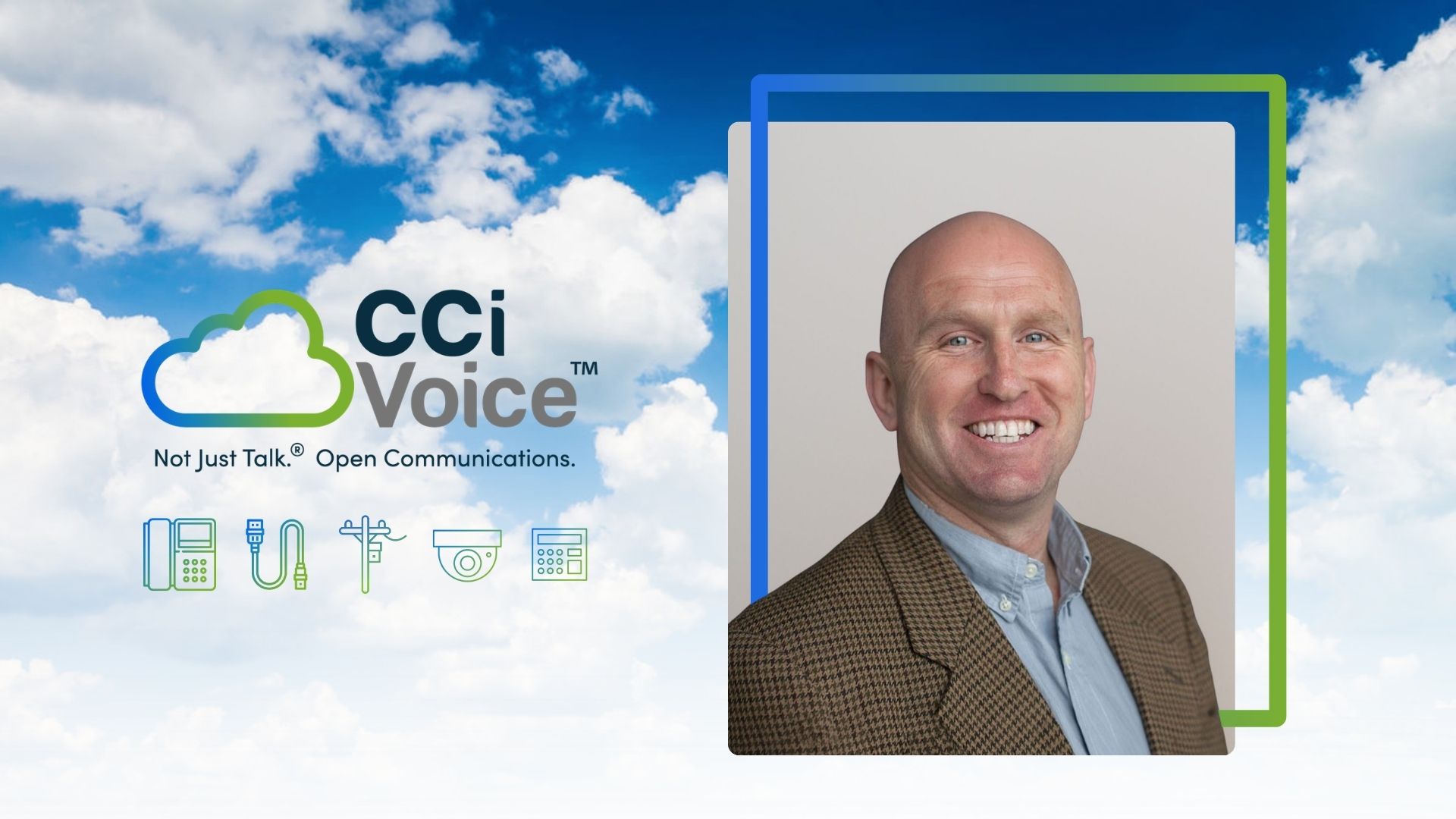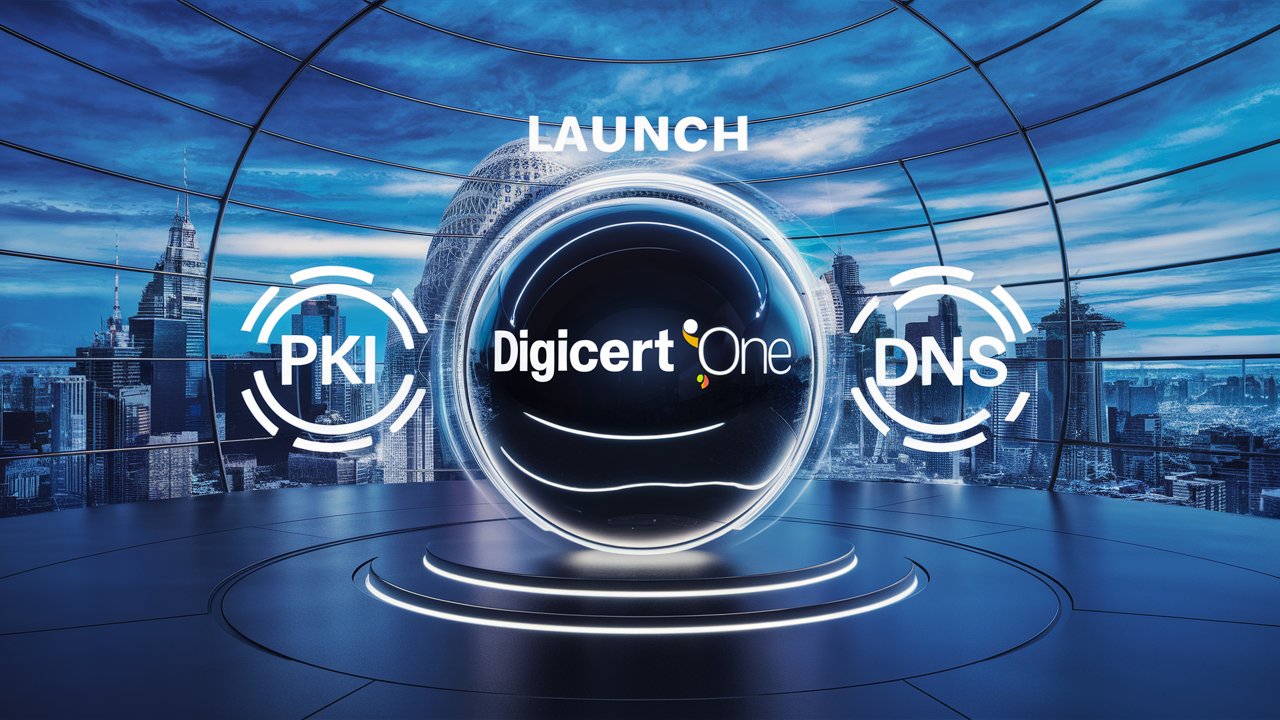DigiCert introduces DigiCert ONE: the first digital trust platform to converge PKI and DNS
Global provider of digital trust DigiCert has
announced the integration of UltraDNS into its flagship DigiCert ONE platform. DigiCert says the combination
automates essential management processes between Public Key Infrastructure
(PKI) and Domain Name Systems (DNS) —two foundational components of digital
trust—to reduce outage risks and streamline operations.
“Today,
DNS teams manually change records with every PKI update. But as disruptors like
shortened certificate lifespans and quantum computing drive faster change
cycles, manual processes can no longer keep up. Frost and Sullivan advises
organisations to automate manual processes and streamline trust solutions to
keep digital interactions secure and flowing. DigiCert ONE addresses these
challenges by enhancing cryptographic agility and automating key processes that
keep digital trust infrastructure aligned,” notes DigiCert.
"As
organisations across APAC accelerate their digital transformation, they require
solutions that simplify security operations while ensuring compliance and
resilience in the quantum age," said James Cook, Group Vice
President Sales, APJ, at DigiCert. "By integrating UltraDNS into
DigiCert ONE, we are eliminating complexity and enabling enterprises to
automate certificate and DNS management at scale, allowing businesses to focus
on innovation and growth rather than managing fragmented security
infrastructures."
Advantages
of combining PKI + DNS:
- Unified Digital Trust Management - Centralised
management, visibility and control over certificates and DNS, reducing
security complexity and creating faster threat response.
- Improved Uptime and Business Continuity - Eliminate PKI-related
outages and ensure the availability of critical services.
- Automation for Security & Compliance - Automate renewals and DNS
configurations to reduce human error and compliance risks.
- Enhanced Performance & Security - Integrated PKI and DNS
with DDoS protection, advanced traffic routing, and application security
for cyber resilience.
"Managing
separate DNS and PKI solutions adds complexity, increases costs, and introduces
potential points of failure," said Joern Lubadel, Global
Head of Product Security at B. Braun."The
move to a converged digital trust platform to mitigate security threats like
DNS hijacking and DDoS attacks and streamline operations by automating the
management of certificates is the sort of innovation that large enterprises
need. The promise of a more resilient, efficient, and secure digital
infrastructure will help companies focus on delivering exceptional customer
experiences and get out of the business of onerous integration projects."
"When
we were deciding which PKI solution to use, we sought to 'future proof' our
operations by choosing a vendor that could deliver a comprehensive suite of
tools to support our growth," said Grace Young, Chief
Innovation Officer atWattwatchers. "We
didn't want to deal with multiple vendors for different parts of our operations
like DNS and IoT, which just adds complexity, costs, and potential points of
failure. DigiCert's digital trust platform enabled us to automate certificate
management, allowing our small team to deliver an efficient, resilient, and
secure digital infrastructure for our enterprise customers. This allows us to
prioritise customer value without being slowed down by complex configuration on
the back end."
"By
integrating UltraDNS into the DigiCert ONE platform, DigiCert is addressing a
critical challenge that enterprises face—managing fragmented security
infrastructures that lead to inefficiencies, outages, and security
vulnerabilitiesOzgun Pelit, Senior Industry Analyst, at Frost & Sullivan. "This
unified approach enhances automation, resilience, and crypto agility, ensuring
organisations can securely scale their operations while preparing for the
post-quantum future. As certificate lifecycles shorten and cyber threats grow
more sophisticated, solutions that streamline digital trust management will
become essential for enterprises navigating an increasingly complex security
landscape."































Leave A Comment